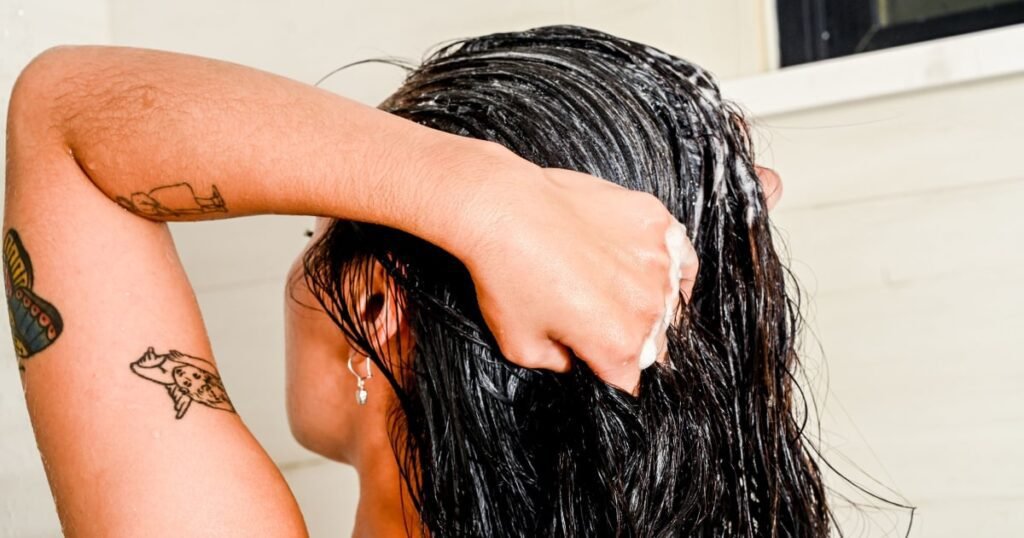Understanding Scalp Acne: Causes, Prevention, and Recommended Treatments
Scalp acne is often overlooked, yet it can be as frustrating as breakouts on your face or body. Characterized by whiteheads and blemishes, scalp acne emerges from excess oil (sebum) on the scalp and can be caused by a variety of factors. Factors such as product buildup, yeast overgrowth, and even hormonal fluctuations can all lead to this irritation. Understanding how to treat and prevent scalp acne is essential for healthier hair and skin.
Causes of Scalp Acne
The formation of scalp acne typically results from:
- Excess Oil: Increased sebum production can clog hair follicles, leading to acne.
- Bacterial Growth: Bacteria thrive in oily conditions, which can exacerbate acne.
- Friction and Sweat: Tight hats or prolonged sweating can aggravate the scalp.
- Product Build-Up: Heavy hair care products can prevent oil from escaping, leading to blockages.
- Hormonal Changes: Fluctuations in hormones, such as during menstruation or pregnancy, can trigger breakouts.
Key Symptoms:
- Whiteheads or small pimples on the scalp.
- Itching or irritation.
- Sensitivity in the affected areas.
How to Prevent Scalp Acne
Preventing scalp acne can often be achieved through simple lifestyle and product adjustments:
- Choose Lightweight Products: Opt for water-based styling products instead of oil-based ones.
- Proper Application: Apply products at least an inch away from the scalp.
- Adequate Cleansing: Make sure to wash your hair regularly using a clarifying shampoo to remove buildup.
- Avoid Picking: Picking at acne can lead to further irritation and potential scarring.
- Consult a Dermatologist: If acne persists, it could be beneficial to get professional advice.
Recommended Treatments for Scalp Acne
When scalp acne occurs, specific shampoos and treatments can help alleviate symptoms and clear existing breakouts. Here’s a list of some expert-recommended options for 2025:
1. Best Overall Treatment: Dove Dermacare
- Active Ingredients: Zinc Pyrithione
- Benefits: Reduces inflammation and diminishes yeast on the scalp.
- Expert Tip: Allow the shampoo to sit on the scalp for five minutes before rinsing.
2. Best for Dry Scalps: Neutrogena T/Sal Therapeutic Shampoo

- Active Ingredients: Salicylic Acid
- Benefits: Unclogs pores and removes excess sebum.
3. Best Splurge: CLn Shampoo

- Active Ingredients: Salicylic Acid
- Benefits: Cleanses without drying out the scalp is highly recommended for its gentle formula.
4. Best for Oily Hair: Garnier Fructis Pure Clean Shampoo
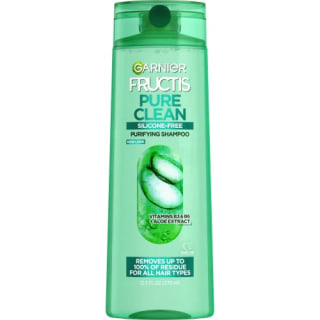
- Active Ingredients: Salicylic Acid, Niacinamide
- Benefits: Exfoliates the scalp and removes residues.
5. Best Color-Safe Shampoo: Tea Tree Special Shampoo
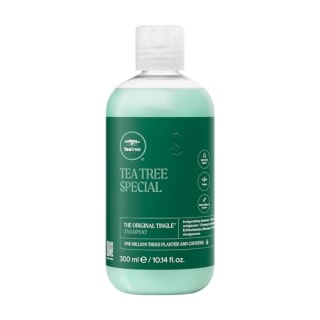
- Active Ingredients: Tea Tree Oil
- Benefits: Relieves scalp irritation and softens hair.
6. Best Dry Shampoo: Carter + Jane Scalpfix
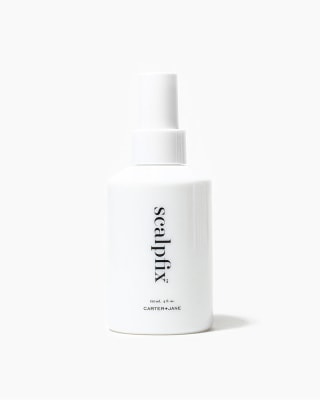
- Active Ingredients: Witch Hazel, Peppermint Oil, Rosemary Oil
- Benefits: Quickly absorbs oil and soothes irritation.
7. Best Scalp Acne Treatment Gel: Differin
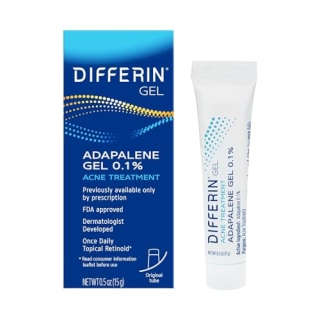
- Active Ingredient: Adapalene
- Benefits: Targets blackheads and acne; effective on all skin types.
8. Best with Tea Tree Oil: Ovante Folliculite Solution Shampoo
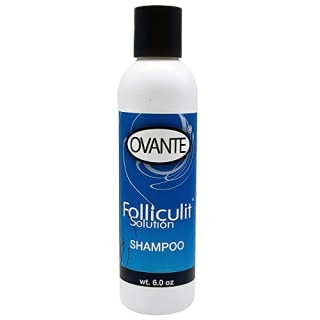
- Active Ingredients: Lactic Acid, Sulfur, Tea Tree Oil
- Benefits: Unclogs pores and alleviates scalp pain.
How to Choose the Right Scalp Acne Treatment
When selecting a scalp acne treatment, consider looking for the following active ingredients:
- Salicylic Acid: Highly effective at unclogging pores and preventing breakouts.
- Tea Tree Oil: Antibacterial properties help reduce inflammation and acne.
- Zinc Pyrithione: Lowers yeast levels that can contribute to scalp issues.
Ingredients to Avoid:
To effectively manage scalp acne, it’s also critical to avoid certain ingredients that can aggravate the condition:
- Sulfates: Can dry out the scalp, leading to irritation.
- Dimethicone: May cause buildup on the scalp.
- Triclosan: Known for potential hormonal disruption.
Frequently Asked Questions
What is Scalp Acne?
Scalp acne appears as small pimples or whiteheads and can be mistaken for folliculitis. It occurs when oil, dead skin, and bacteria clog hair follicles.
How Can I Prevent Scalp Acne?
Switch to lighter hair products, ensure regular cleansing to remove buildup, and avoid products that contain oils close to the scalp.
Can Scalp Acne Lead to Hair Loss?
While mild cases won’t typically lead to hair loss, severe forms of acne that cause inflammation may result in scarring and damage to hair follicles.
Conclusion
Managing scalp acne requires understanding its causes, prevention methods, and effective treatments. By choosing the right products and maintaining proper scalp hygiene, you can reduce breakouts and promote a healthier scalp environment. For ongoing issues, consulting with a dermatologist can provide tailored solutions to your specific needs.


